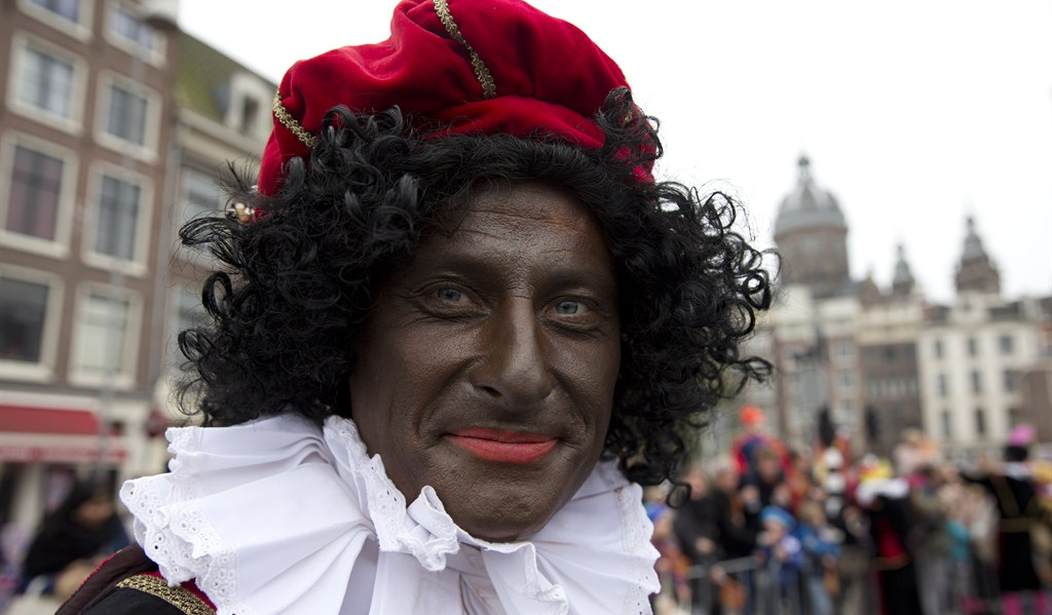Have you ever heard of the term “digital blackface?”
If you’re a normal person who does not spend an inordinate amount of time on Twitter like me, such an idea has probably never come into your orbit. But thanks to CNN columnist John Blake, we have yet another op-ed explaining what this supposedly racist phenomenon is and lecturing us about why it is harmful to everyday black Americans who probably have never heard of the term either.
In a piece titled “What’s ‘digital blackface?’ And why is it wrong when White people use it?” Blake explains:
Digital blackface is a practice where White people co-opt online expressions of Black imagery, slang, catchphrases or culture to convey comic relief or express emotions.
These expressions, what one commentator calls racialized reactions, are mainstays in Twitter feeds, TikTok videos and Instagram reels, and are among the most popular Internet memes.
When someone is engaging in digital blackface, they might use digital media such as memes, GIFs, and emojis featuring black people, culture, and expressions to express themselves online. This can include using images of black people to convey humor, sarcasm, or other emotions, often without any regard for the experiences or perspectives of black people.
Progressives with nothing going on in their lives argue that the practice of digital blackface can be seen as a form of cultural appropriation and can contribute to the erasure and marginalization of black voices and experiences. It can also perpetuate harmful stereotypes and reinforce existing power dynamics that contribute to racism and discrimination. As such, they argue, it is important for white people to be mindful of the ways in which they use digital media and to consider the impact of their actions on marginalized communities.
Indeed, Blake notes that people criticize digital blackface “because it’s a modern-day repackaging of minstrel shows in which white actors darkened their faces to perform in front of audiences. “Put simply: digital blackface is 21st-century minstrelsy,” he writes.
The author then quotes an academic paper written by Erinn Wong arguing that “[h]istorical blackface has never truly ended” and that “Americans have yet to actively confront their racist past to this day.”
Wong also suggests that digital blackface “culturally appropriates the language and expressions of black people for entertainment, while dismissing the severity of everyday instances of racism black people encounter, such as police brutality, job discrimination, and educational inequity.”
As I have pointed out many times in the past, progressives ruin everything. This includes funny interactions on social media. If someone tweets something interesting or funny, you better not respond using a GIF or meme that features a black person or else you might be raaaycissss.
This sounds pretty rich considering that most of those who bring up digital blackface as an issue have no problem with biological men pretending to be women. They give no thought to the notion that such an individual can use their orthodoxy to invade women’s spaces. In fact, they would call you a bigot for suggesting this might not be the right way to handle these issues.
But this shows us just how far progressives wish to go to foist their ideology on everyone else. They even want to control how you respond to people on social media. But no matter how ridiculous these people get, I still have to give them credit for being creative enough to come up with even more ways to be racist.














Join the conversation as a VIP Member